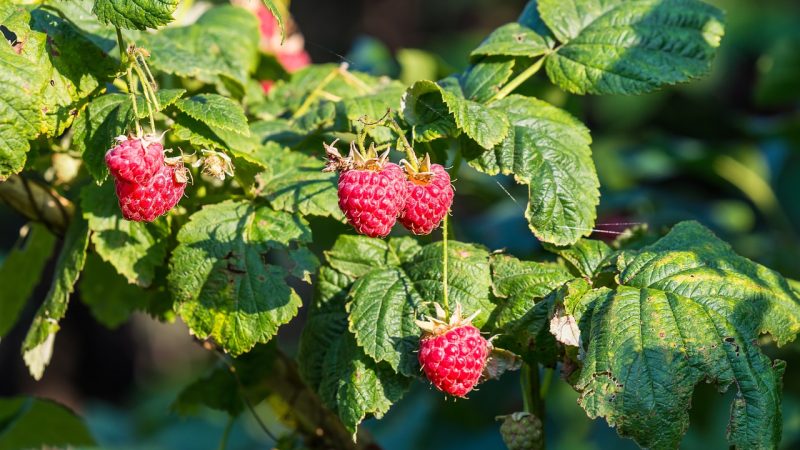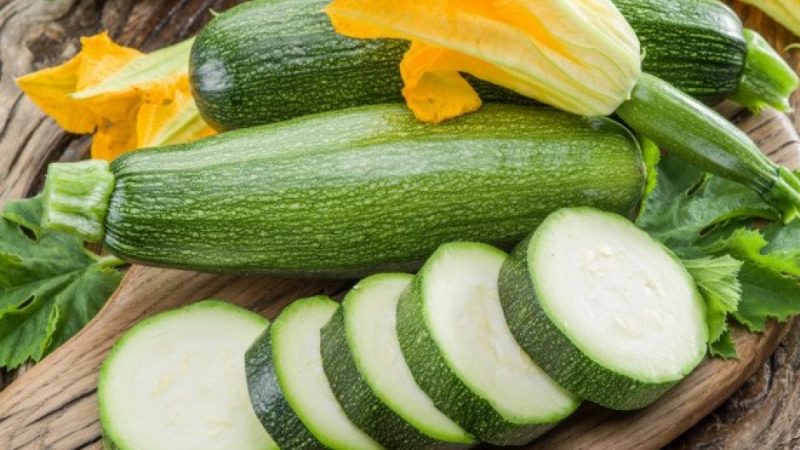Rhubarb is a type of vegetable that is commonly used in desserts and baked goods. Here are some potential health benefits of rhubarb:
- High in fiber: Rhubarb is a good source of fiber, which can help to promote healthy digestion and reduce the risk of constipation and other gastrointestinal issues.
- Rich in vitamins and minerals: Rhubarb is a good source of vitamins C and K, as well as calcium, potassium, and manganese.
- May help lower cholesterol: Some studies suggest that rhubarb may help to lower LDL (bad) cholesterol levels in the blood.
- May have anti-inflammatory properties: Rhubarb contains compounds that may have anti-inflammatory properties, which could potentially help to reduce inflammation in the body.
- May help regulate blood sugar levels: Some studies have suggested that rhubarb may help to regulate blood sugar levels, which could be beneficial for people with type 2 diabetes.
- May have anti-cancer properties: Some studies have suggested that rhubarb may have anti-cancer properties, although more research is needed to confirm this.
Overall, rhubarb can be a nutritious addition to a balanced diet, particularly when used in moderation as part of a healthy, balanced diet. However, it is important to note that the leaves of the rhubarb plant are toxic and should not be consumed. Only the stalks should be eaten.











